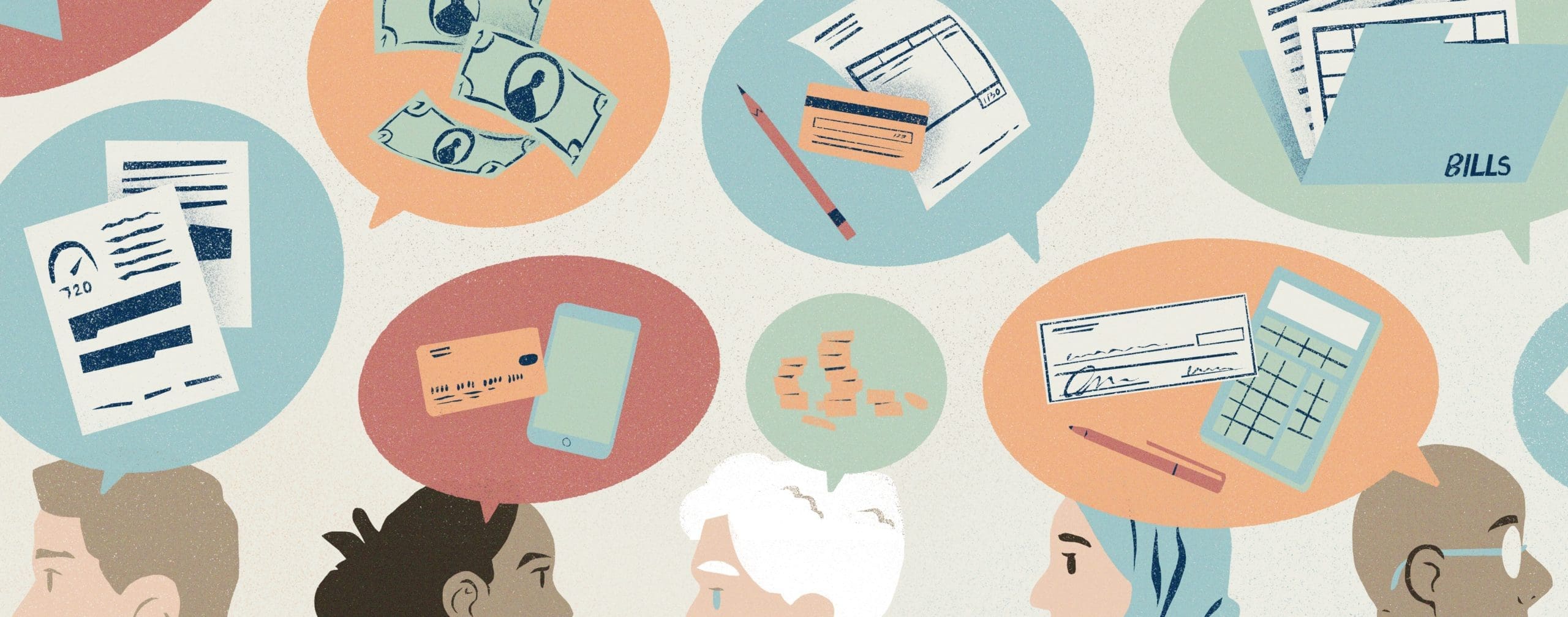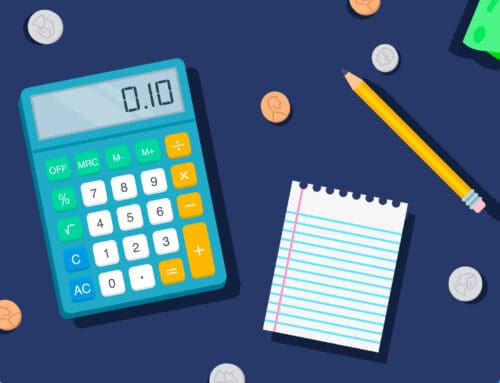Buying food is essential, of course, but if you’re not careful, it can also eat into your budget.

Reevaluating Costs
Reducing your food bill starts by creating a budget. In order to make a change, you need to know what you’re currently spending and set a goal. Once you know how much you want to dedicate to food each month, keep to it! The best way to do this is to track what you spend and cut back on unnecessary purchases.
Limiting how much you eat out is perhaps the most obvious way to save on your food bill, and the most effective. While eating out can be a nice treat every once in a while, the fact of the matter is that you’ll often be spending much more eating out than you would if you made your own meal. When deciding how often is right for you, remember that it’s all about moderation and being aware of where you can afford to spend a little extra and where you’ll need to be more conservative.
Grocery Shopping
The next step toward reducing your food bill is being thoughtful at the grocery store. Try to purchase staples that are affordable and versatile. This can include basics like bread, pasta, cheese, beans, and rice, but, of course, should be tailored to what you think you’ll actually eat.
While it may be fun to try out something new or unusual every so often, it’s not so good for an expensive ingredient to end up sitting in your pantry for weeks without being eaten.
If you find yourself frequently throwing out food that’s gone bad, canned ingredients or other items with long shelf lives can make a huge difference in your budget. Focusing on things that can last can help you avoid losing money on food that you’re not actually eating.
Finally, buying in bulk generally allows you to get more for less per ounce or container. But this one requires being conscientious of your choices. If you aren’t using all that you buy or are buying more than you really need, it isn’t saving you anything. The best way to approach buying in bulk is to make a plan for how you’ll actually use the food before going all-in on 20 containers of it.
Cooking and Prep
At least once or twice a week when you prepare big meals, try to make enough to have leftovers for lunches or snacks. While you don’t want to make extra that may go to waste, making a little more than you can eat in one meal will help those ingredients stretch longer and get you more bang for your buck.
Meal prepping is another way to save some cash. Starting the week by preparing, or at least planning, your meals means you’ll be less likely to resort to eating out when you’re pressed for time. If planning a whole week feels overwhelming, then start by getting lunches ready the night before. If you’ve already put effort into making it, you’ll be less likely to throw it out and opt for buying something more expensive.
Reducing your food bill requires being aware of what you’re spending and making conscious decisions that will cost you less. But, with a little bit of effort, your changes can make a big difference and you’ll end up with more money in your pocket.



